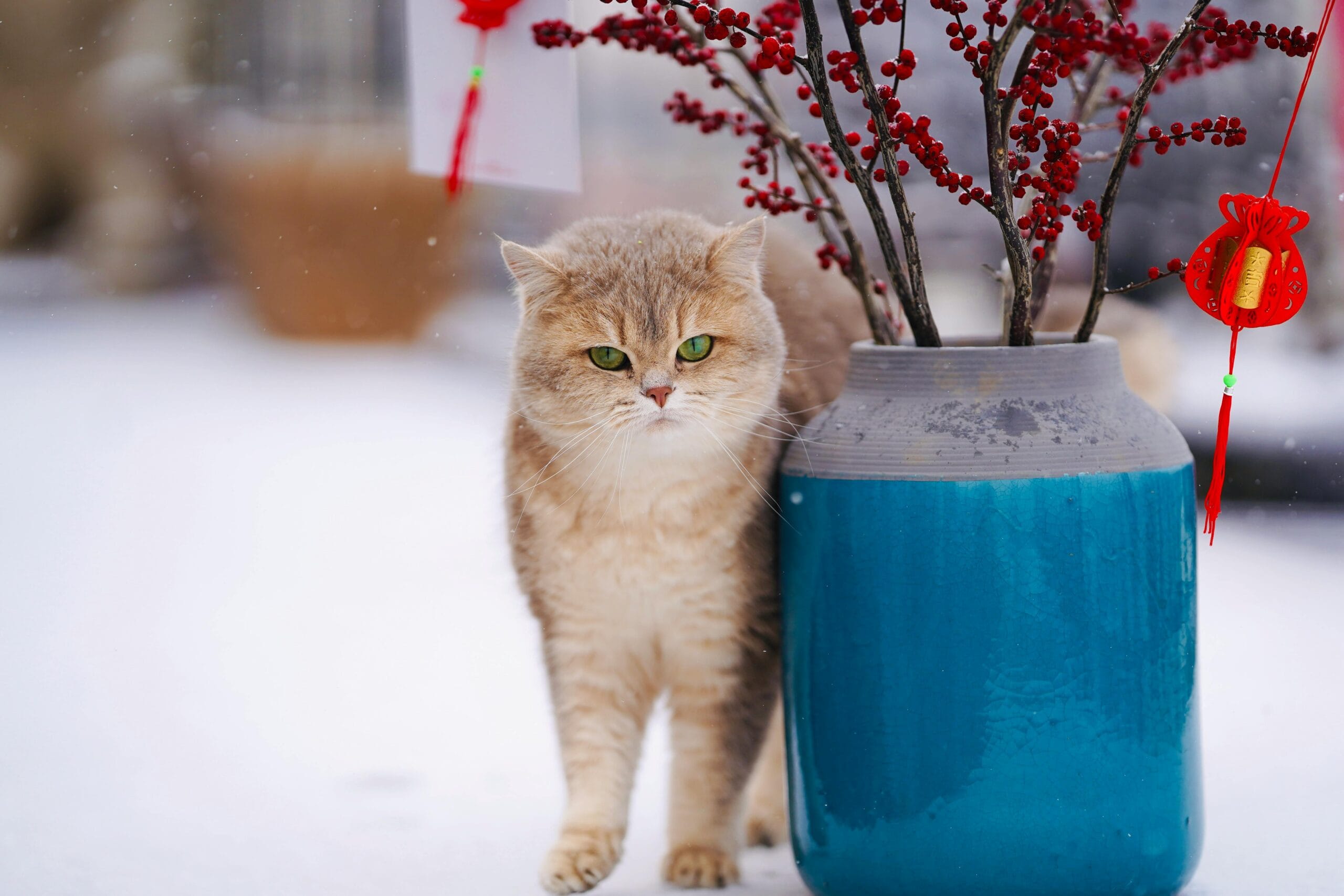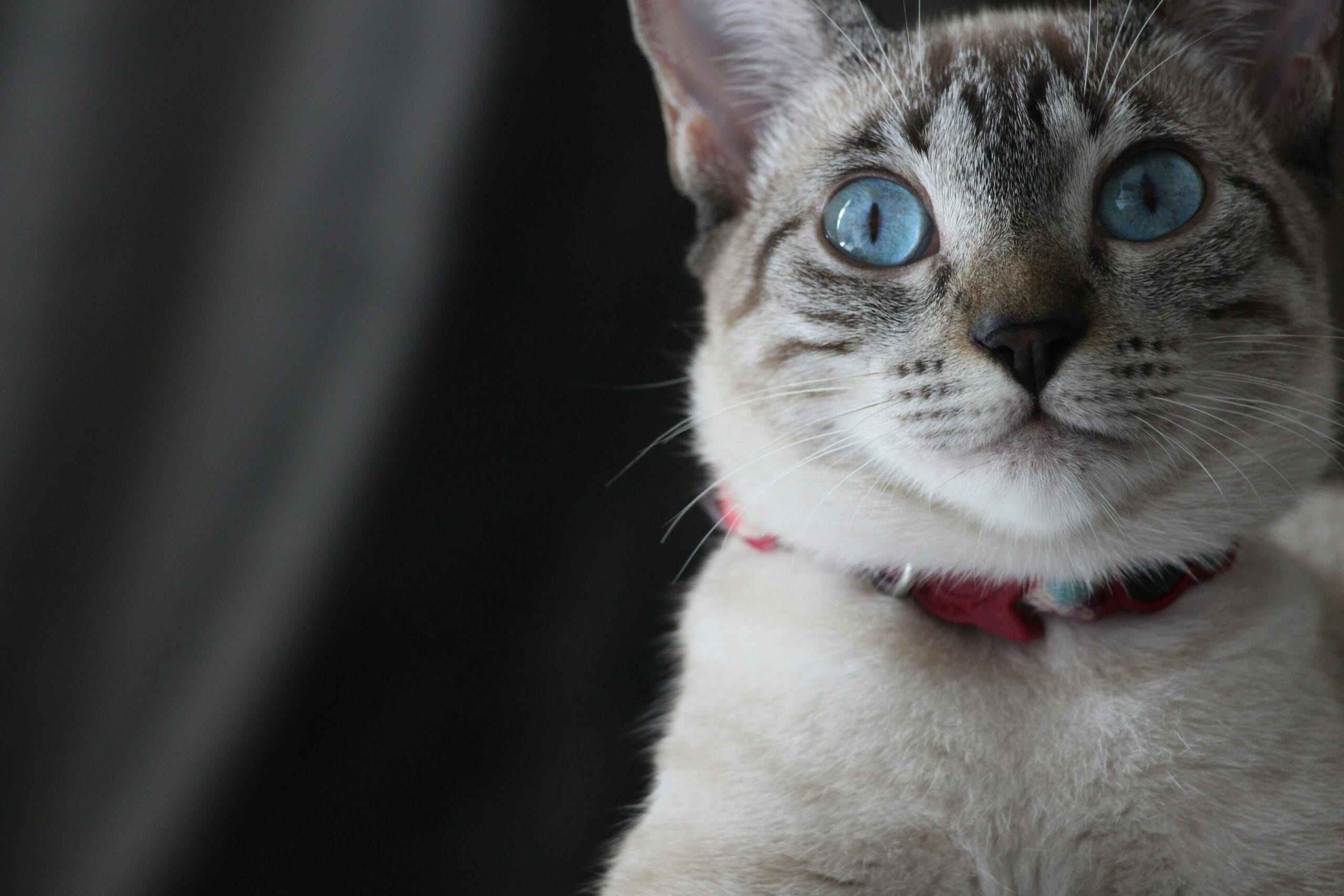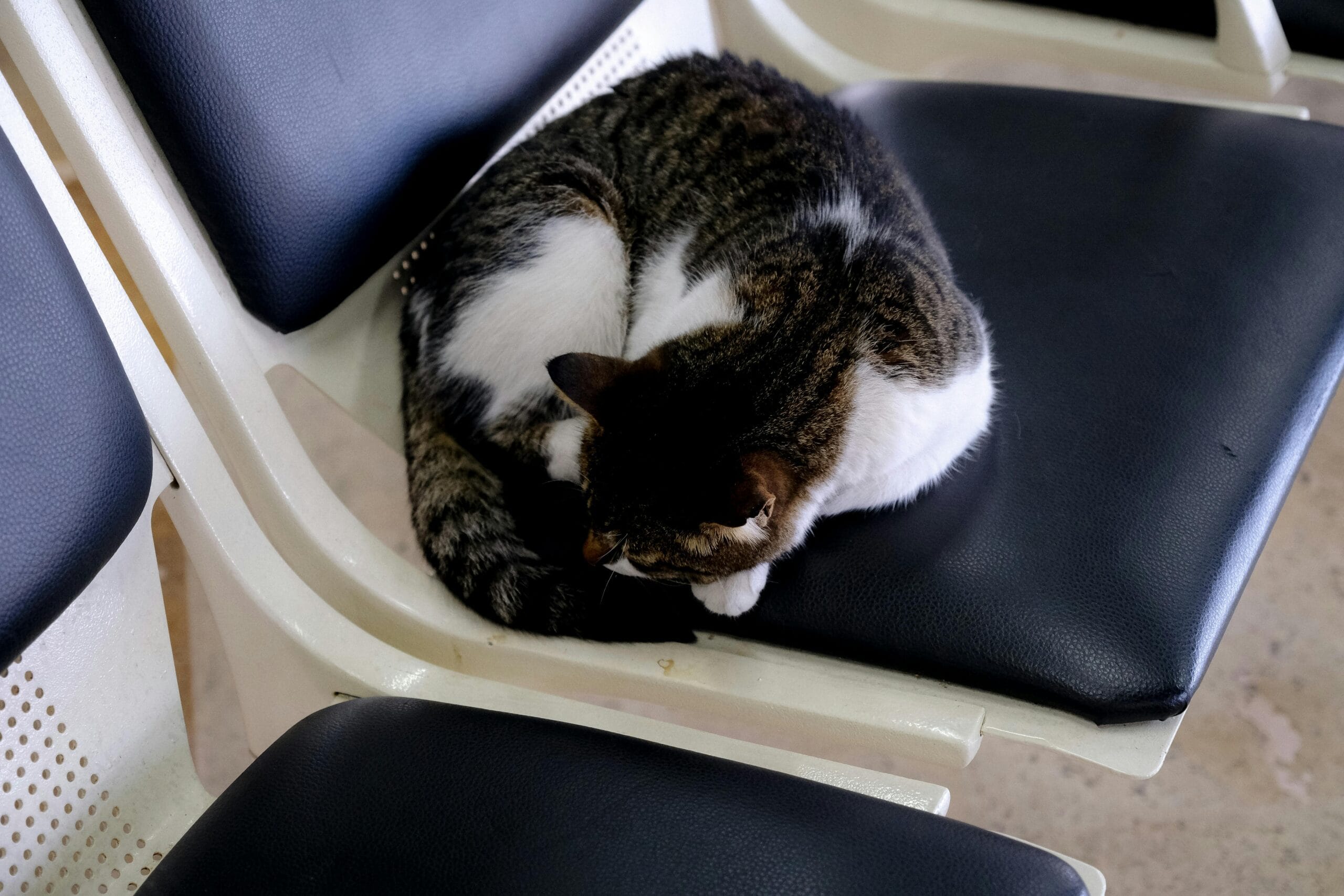Can Cats Eat Marshmallows? Find out if marshmallows are safe for cats. Learn the truth about cats and marshmallows in this informative article. Are marshmallows safe for cats? Discover the answer now!
Can Cats Eat Marshmallows? A Comprehensive Guide
The question, “Can cats eat marshmallows?” is a common one among cat owners. The fluffy, sugary treat might seem harmless, but the reality is far more complex. This comprehensive guide will delve into the safety of marshmallows for cats, exploring the potential dangers and offering advice on how to keep your feline friend safe and healthy. We’ll be examining the ingredients, potential health risks, and ultimately, answering the crucial question: Are marshmallows safe for cats?
Understanding the Dangers: Cats and Marshmallows
While a small piece of marshmallow might not immediately cause a catastrophic reaction, the ingredients within marshmallows pose several potential risks to your cat’s health. Cats and marshmallows, unfortunately, don’t mix well. Let’s break down the key concerns:
High Sugar Content
Marshmallows are incredibly high in sugar. Cats, unlike humans, lack the necessary enzymes to efficiently process large amounts of sugar. Consuming excessive sugar can lead to several problems, including:
- Weight gain and obesity: Excess sugar contributes to weight gain, increasing the risk of diabetes, heart disease, and other health problems. Just like giving your cat grapes, which are also high in sugar, can lead to serious health issues (check out this article on can cats eat grapes? for more information), feeding them marshmallows has similar consequences.
- Pancreatitis: The pancreas is responsible for regulating blood sugar. Excessive sugar intake can overload the pancreas, leading to inflammation (pancreatitis), a painful and potentially life-threatening condition.
- Diabetes: Chronic high sugar intake significantly increases the risk of developing diabetes mellitus in cats, a serious and often debilitating disease.
Artificial Sweeteners
Some marshmallows contain artificial sweeteners, such as xylitol. Xylitol is extremely toxic to cats and can cause a rapid drop in blood sugar, liver failure, and even death. Always check the ingredient list carefully. This is especially crucial considering other potentially toxic foods for cats, such as certain plants, including daffodils, which you can learn more about here: Are daffodils poisonous to cats?
Lack of Nutritional Value
Marshmallows offer virtually no nutritional value for cats. They are essentially empty calories, providing no essential vitamins, minerals, or proteins. Feeding your cat marshmallows deprives them of nutrients they need for a healthy life. This is in stark contrast to foods like sardines, which, while not a staple, can offer some nutritional benefits in moderation. Read more about can cats eat sardines to learn more about appropriate treats.
Gastrointestinal Upset
Even without artificial sweeteners, the high sugar content and artificial ingredients in many marshmallows can cause gastrointestinal upset in cats. This can manifest as vomiting, diarrhea, and abdominal discomfort. This is comparable to the potential upset caused by foods like cherries, which can pose digestive challenges for cats. You can read more about that in this article, Can cats have cherries?
Choking Hazard
The soft, sticky texture of marshmallows can pose a choking hazard, especially for kittens or cats with smaller mouths. The marshmallow can get stuck in their throat, leading to respiratory distress or even suffocation.
Are Marshmallows Safe for Cats? The Definitive Answer
Considering all the potential risks outlined above, the answer to “Are marshmallows safe for cats?” is a resounding no. Marshmallows offer no nutritional benefit and pose several significant health risks. Even small amounts can lead to undesirable consequences. It’s crucial to keep marshmallows and other sugary treats out of reach of your feline companion.
Alternative Treats for Your Feline Friend
If you’re looking for healthy and safe treats for your cat, there are many excellent alternatives available. Consider options such as:
- Commercial cat treats specifically formulated for feline nutrition.
- Small pieces of cooked chicken or fish (ensure it’s boneless and free of seasonings).
- Catnip (a safe and enjoyable natural treat for many cats).
Always consult with your veterinarian before introducing new foods into your cat’s diet, especially if they have pre-existing health conditions. They can provide personalized recommendations based on your cat’s specific needs and health status. For example, certain essential oils like peppermint oil can also have adverse effects on cats. To learn more, please check our guide on Is peppermint oil safe for cats?
Further Reading and Resources
For more information on cat nutrition and safe foods, you can refer to these authoritative resources:
American Veterinary Medical Association (AVMA) – The AVMA offers comprehensive information on pet health and wellness.
American Society for the Prevention of Cruelty to Animals (ASPCA) – The ASPCA provides valuable resources on pet safety and care, including information on toxic substances for pets.
Conclusion: Prioritizing Your Cat’s Well-being
Understanding what foods are safe for your cat is crucial for their health and longevity. While the allure of sharing a sweet treat might be tempting, it’s vital to remember that cats and marshmallows are a dangerous combination. By choosing safe alternatives and avoiding potentially harmful foods, you can ensure your furry friend enjoys a long, happy, and healthy life.
Share Your Experiences!
Have you ever witnessed your cat trying to sneak a bite of a marshmallow or other human food? Share your experiences and tips for preventing your cat from consuming unsafe foods in the comments section below. Let’s learn from each other to ensure the safety of our beloved feline companions! Use relevant keywords like Can Cats Eat Marshmallows, Cats and Marshmallows, and Are Marshmallows Safe for Cats in your comments.

Frequently Asked Questions: Can Cats Eat Marshmallows?
- Can cats eat marshmallows?
- No, cats should not eat marshmallows. Marshmallows contain high amounts of sugar, which can lead to various health problems in cats, including obesity, diabetes, and dental issues. The artificial sweeteners sometimes present are also toxic.
- Are marshmallows safe for cats?
- No, marshmallows are not safe for cats. They offer no nutritional value and pose several health risks. Avoid giving your cat marshmallows at all costs.
- What happens if my cat eats a marshmallow?
- A small amount might not cause immediate harm, but it’s best to monitor your cat for any digestive upset like vomiting or diarrhea. Larger amounts can lead to more serious issues. If you’re concerned, consult a vet.
- Cats and marshmallows: What’s the problem?
- The primary concern with cats and marshmallows is the high sugar content. Sugar is detrimental to a cat’s health, leading to weight gain, pancreatitis, and other complications. Artificial sweeteners are also dangerous if present.
- Is a tiny bit of marshmallow harmful to my cat?
- While a tiny bite might not cause immediate problems, it’s best to completely avoid giving your cat any marshmallows. It’s not worth the risk of potential health issues. The Can Cats Eat Marshmallows question should always be answered with a no.
- My cat ate a whole marshmallow! What should I do?
- Monitor your cat closely for any signs of digestive upset (vomiting, diarrhea, lethargy). If you notice anything unusual or concerning, contact your veterinarian immediately.
- Are there any marshmallows safe for cats?
- No, there are no marshmallows specifically formulated for cats. All marshmallows contain ingredients that are unhealthy and potentially harmful to feline health. Stick to cat-approved treats.
- Can marshmallows cause diabetes in cats?
- The high sugar content in marshmallows significantly increases the risk of obesity and diabetes in cats. Regular consumption can severely impact their health.
- What human foods are safe for cats?
- It’s best to stick to treats specifically designed for cats. Some small amounts of cooked chicken or tuna (in water) may be okay occasionally, but always check with your vet first. Avoid anything with high sugar, salt, or fat content.
- Why is it important to avoid giving cats marshmallows?
- Avoiding marshmallows protects your cat from potential health problems related to high sugar, artificial sweeteners, and other unhealthy ingredients. Their health and well-being depend on a proper diet free from such treats. Remember, the answer to “Can Cats Eat Marshmallows?” is always a resounding no.

Can Cats Eat Marshmallows? A Vet’s Perspective
The short answer is: no, cats should not eat marshmallows. While a small amount might not cause immediate harm, marshmallows offer no nutritional value for cats and can present several health risks. They are high in sugar, which can lead to weight gain, diabetes, and dental problems. Just like with grapes, seemingly harmless treats can have unexpected consequences for feline friends.
Marshmallows are also difficult for cats to digest. Their fluffy texture and lack of fiber can cause stomach upset, including vomiting and diarrhea. This is especially true for kittens or cats with sensitive digestive systems. Consider the potential risks before offering your cat any human food, even seemingly innocuous things like sweets. Similar to the dangers of peppermint oil ingestion, it’s always safer to err on the side of caution.
The high sugar content in marshmallows can contribute to obesity, a significant health problem in cats that can lead to a range of serious health issues. Obesity increases the risk of diabetes, heart disease, and joint problems. Always prioritize your cat’s health by providing a balanced and nutritious diet specifically formulated for felines. Avoid giving your cat table scraps or human foods. If you’re unsure about a specific food, consult your veterinarian, just as you would when wondering about the safety of sardines or other foods.
Furthermore, some marshmallows contain artificial sweeteners, xylitol, which is highly toxic to cats and dogs. Even a small amount can cause a dramatic drop in blood sugar, liver failure, and even death. Always check the ingredient list before offering your cat any food, just like you’d be cautious about potentially toxic plants, such as daffodils.
In short, avoid giving your cat marshmallows. Stick to cat-specific treats and food to ensure their well-being. If your cat ingests marshmallows and shows signs of illness such as vomiting, diarrhea, lethargy, or unusual behavior, contact your veterinarian immediately. Similar to concerns surrounding cherries, prompt veterinary attention is crucial in cases of suspected food poisoning.
Disclaimer: This information is for educational purposes only and should not be considered a substitute for professional veterinary advice. Always consult your veterinarian with any questions about your cat’s diet or health.

Can Cats Eat Marshmallows, Cats and Marshmallows, Are Marshmallows Safe for Cats